Chess is a fiendishly complicated game, and it is impossible to master. What’s the best way to get better, and what should you avoid in your search for improvement? Practice makes perfect, but you need to practice the right things.
Though you can’t really master chess, you can make steady progress and improve at the game. Here are a few tips on how to get better at chess.
Playing tons of blitz games won’t get you far
This is perhaps the most important takeaway: practice is not the same as playing. You need to specifically focus on certain aspects of the game you are not yet familiar with. There is no way to do so in a lightning-fast online game. Just like how professional athletes spend much more of their time practicing than in big games, chess improvement comes from honing your skills outside of a competitive environment.
There is a nearly endless amount of educational chess content online, meaning you only need the dedication to sharply improve your play. The barriers to chess greatness have never been lower.
Study your openings (and analyze your games)
A chess game can be lost as early as move two, though that takes significant effort from both players. There’s a reason it’s called the Fool’s Mate. It is not uncommon to completely fall behind in the first 10 moves of a game, however, especially when your opponent is familiar with the opening strategy and you blindly blunder into every trap.
This is a great example of why merely spamming games can’t substitute focused learning: tumbling from loss to loss and not spending the time to analyze your games will not improve you as a player. You need to gain an understanding of what went wrong and how to fix your mistakes, and reading up on opening theory and analyzing your matches are both very important if you want to get ahead.
A word about engine analysis: today’s chess engines would comfortably beat even the best players in the world, so you can’t expect to understand or replicate every suggestion. However, if Stockfish gives your move the ‘??’ treatment and shows 10 different follow-ups that will crush you, that is something well worth investigating.
Practice your tactics
If you want to improve your calculation abilities, you need to do it outside the matches where the clock is ticking. Open up a tactics trainer and take your time with the puzzles. Visualize all the possibilities and only commit the move when you’re absolutely sure of the solution. You want to improve your calculation abilities first before even attempting to increase your speed. Getting things right slightly slower will often win you the game, while playing the wrong move quickly will only make you lose faster.
There are many other exercises to try: blindfold positions, opening trainers, and studies, to name a few. You can also practice precise play by giving yourself an extra rook or a queen against Stockfish and try to win against what is essentially a perfect set of responses in a winning position.
Learn new principles
This is where coaches can actually be the most helpful. In many respects, most players don’t even know what they don’t know about chess. Experienced players can provide important guidance and thinking structures that can give you tangible ideas to fall back on in the middle of an important game.
Endgames, where both sides only have a few pieces on the board, are slower, more strategic affairs, and you can easily get lost without even having any idea what kind of advantage you should play for. Positional board states and closed pawn structures also trip up many beginners. Learning about concepts like “good and bad bishops,” “outposts,” and similar is simply not possible by playing quick games over and over again.
Study top players’ matches
Looking at grandmaster games is also the art of the possible. Though you shouldn’t expect to grasp all the intricacies at play, they can give you great ideas of the kind of combinations and resources that are available on the board if you’re experienced enough to grasp them. This is not as hard as it may seem at first.
If you’re studying an opening, find matches where GMs used it and see what kind of strategies they went for. If you have a favorite player, why not take a look at their recent classical games? This is another aspect of the chess world that has become a lot more open with the arrival of the Internet Age: annotated and commentated games are everywhere, so you can find useful and appropriate guidance regardless of your skill level.
Practice makes perfect, as the saying goes. Though no human will ever play the perfect game of chess, a bit of regular practice will clear up most of those pesky blunders that cause you to lose your games.


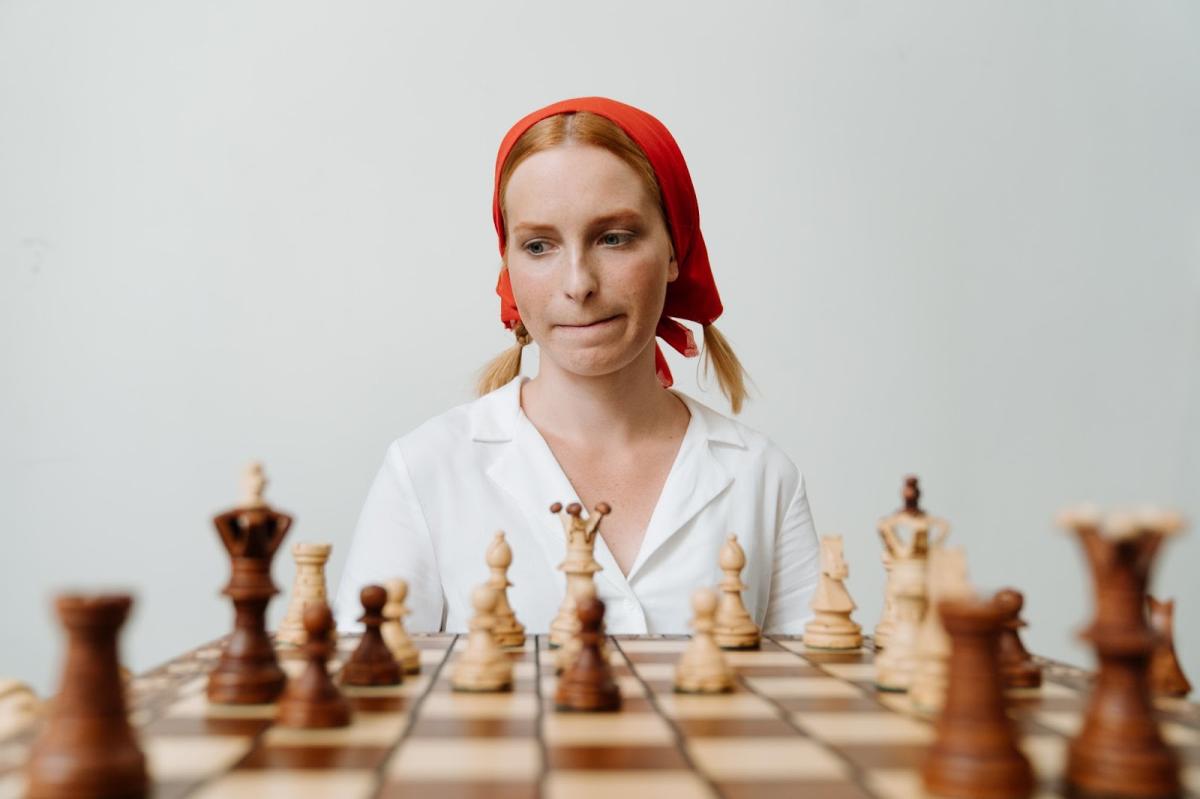
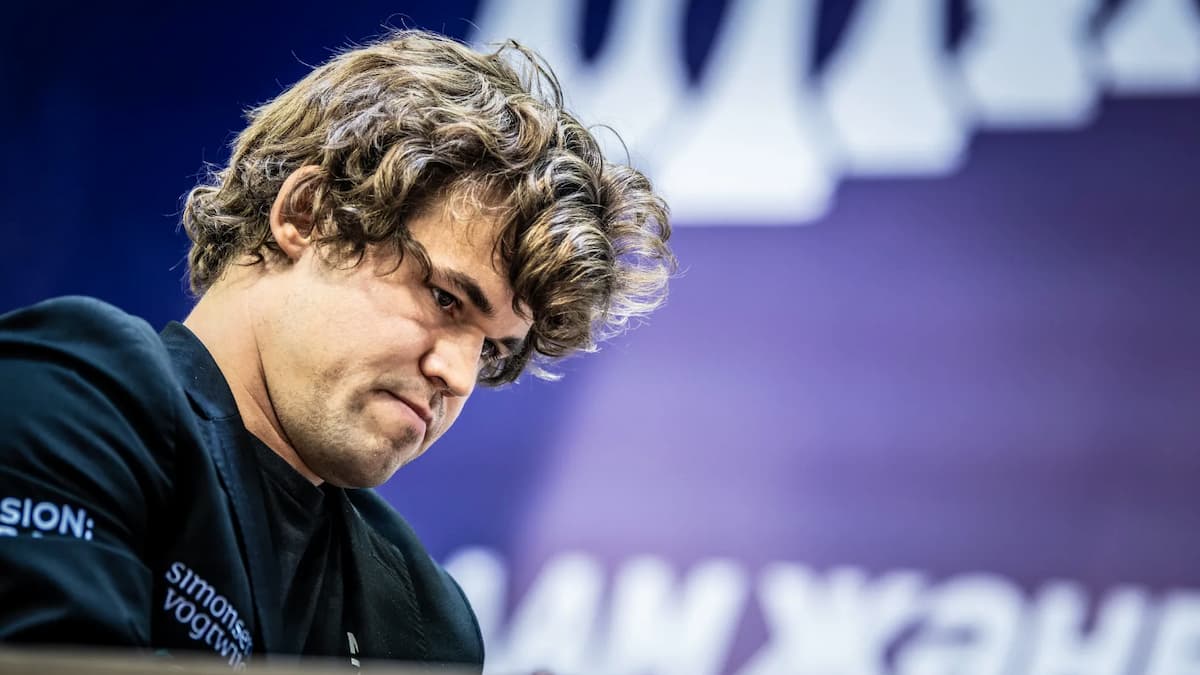
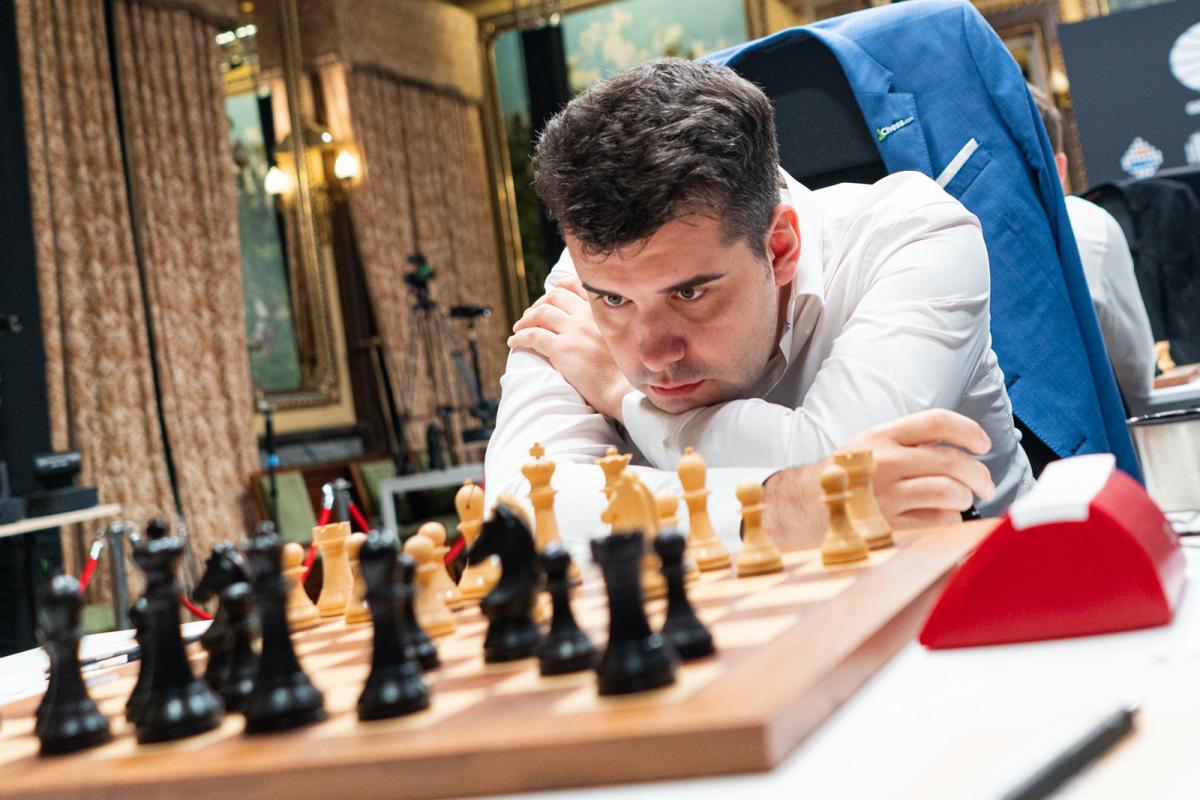
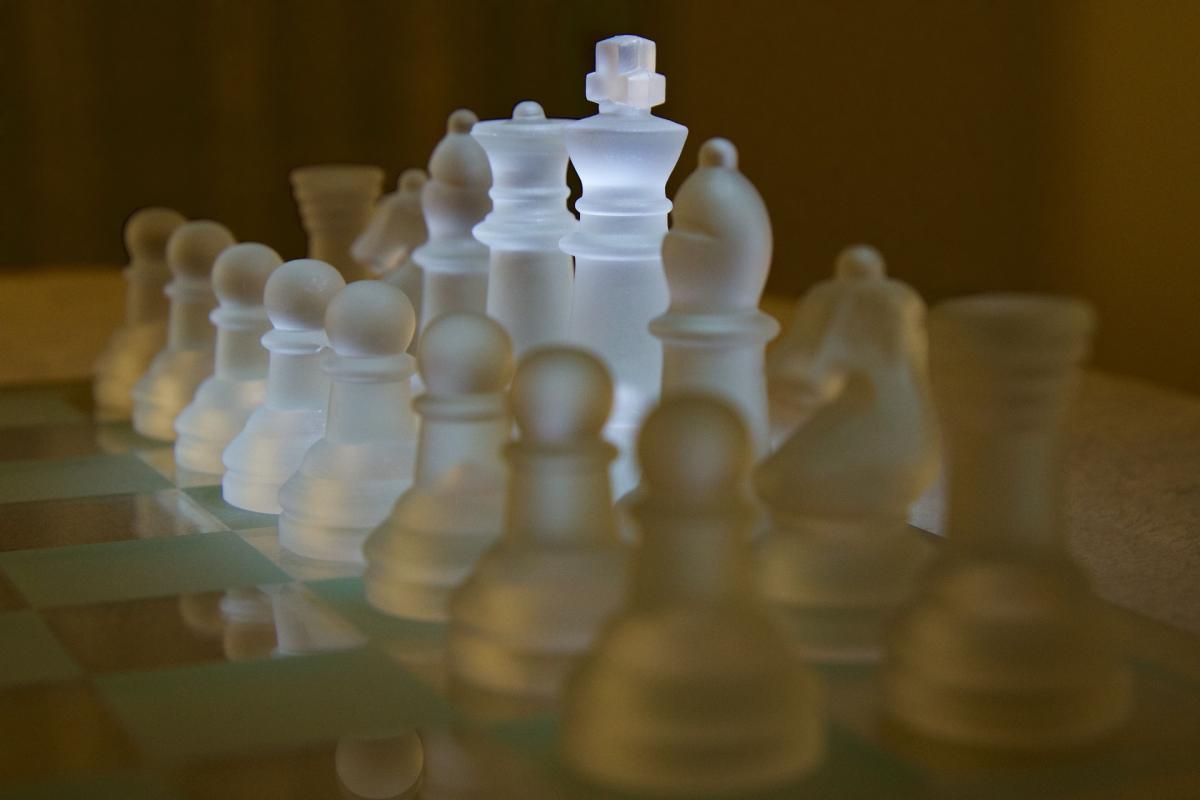

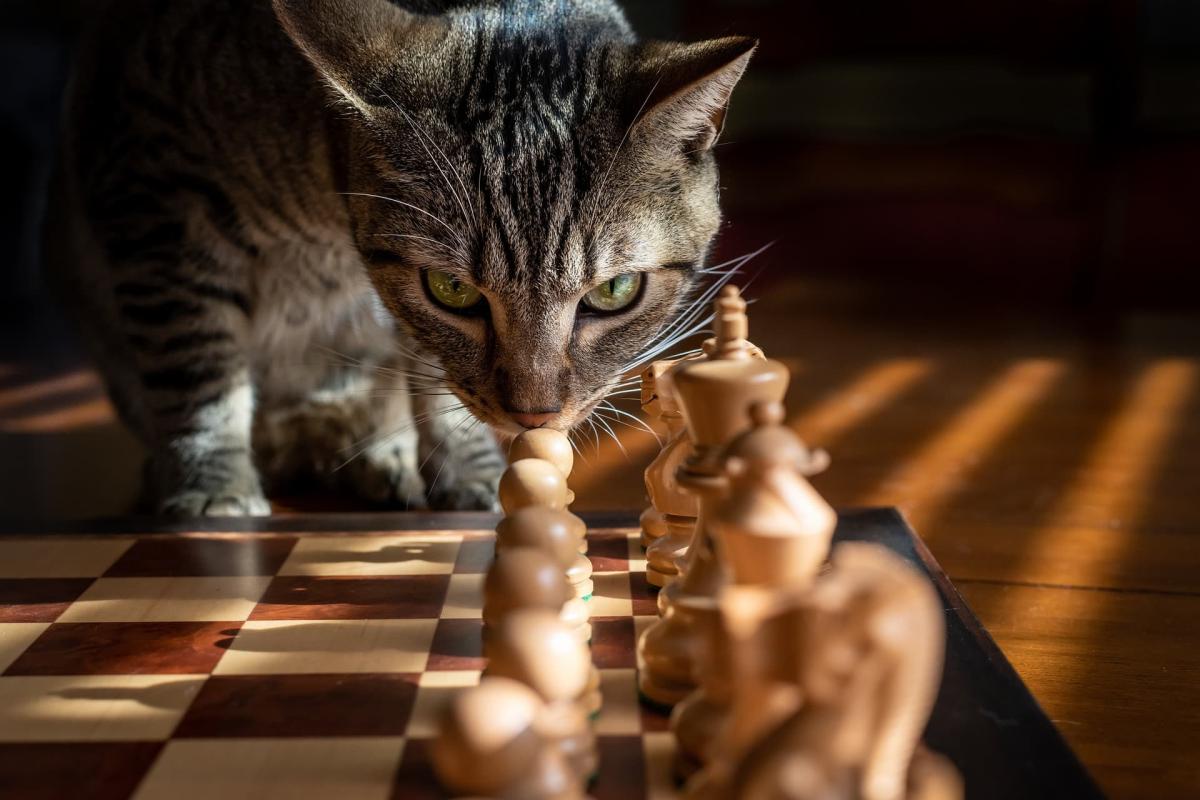
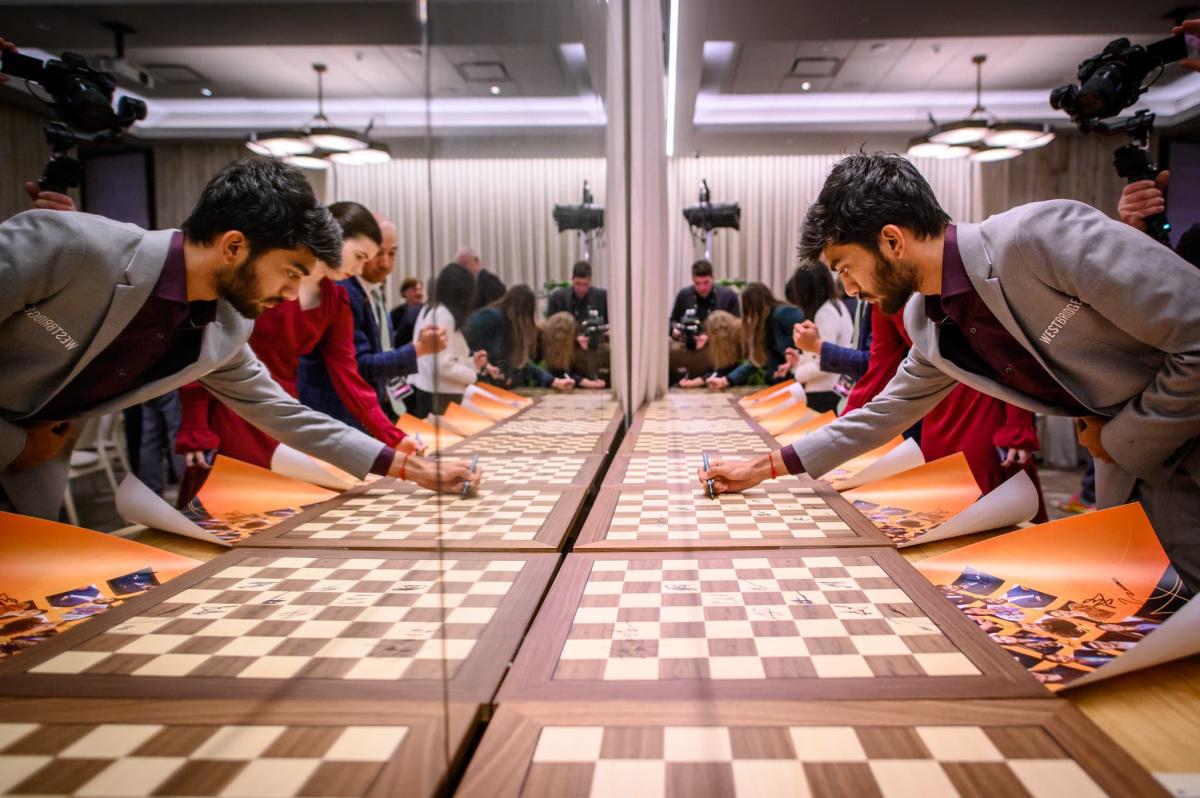
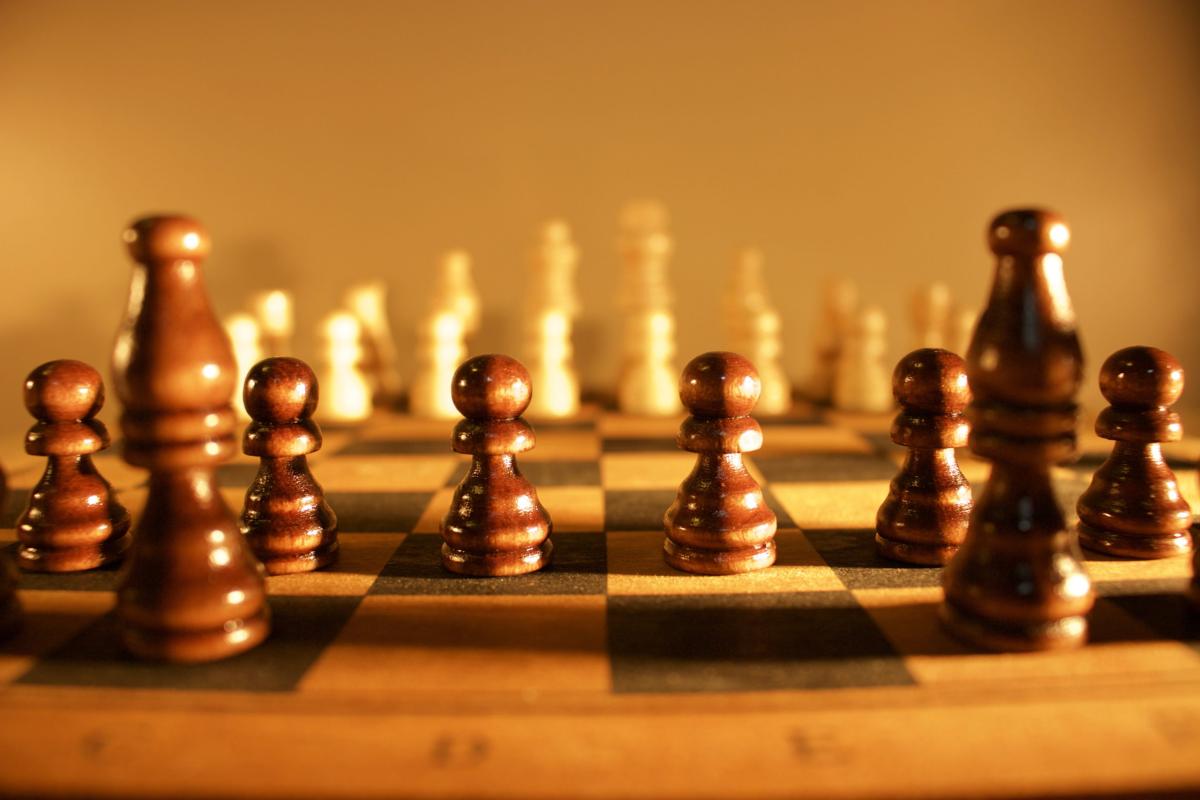
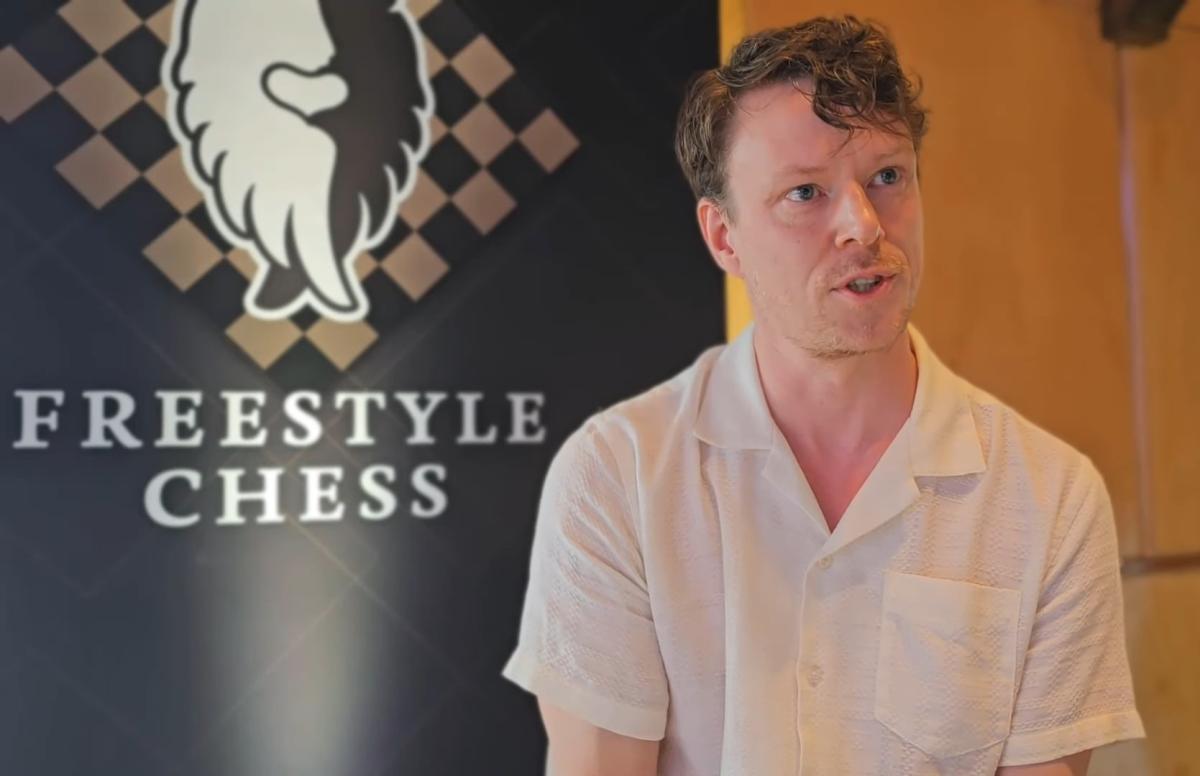

Published: Mar 19, 2022 09:48 am